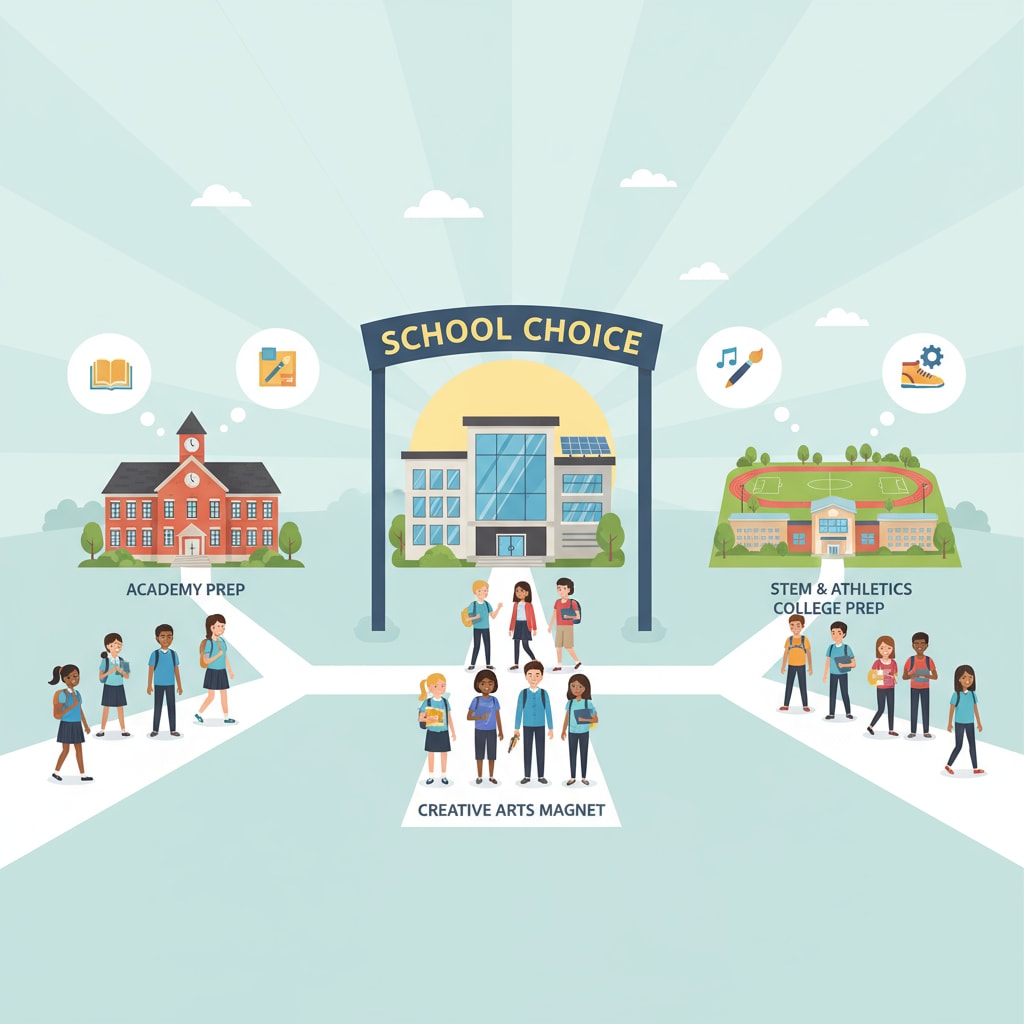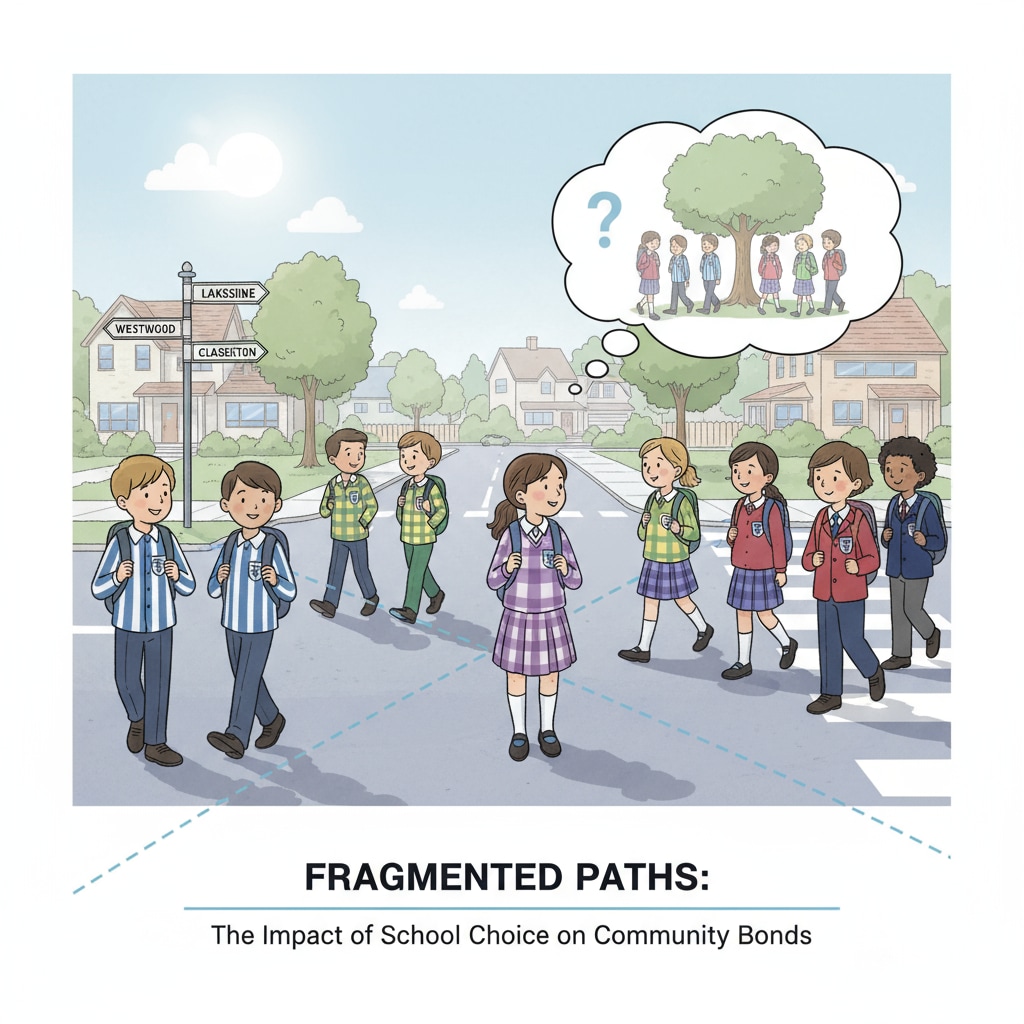School choice, conservatives, and education policy are intertwined topics that have sparked intense debate in the realm of education. The concept of “school choice” programs has been a significant aspect of education reform discussions, and from a conservative perspective, it presents a complex set of issues.

The Threat to Traditional Public Education
One of the primary concerns from the conservative camp is the potential threat that school choice programs pose to the traditional public education system. Conservatives often emphasize the importance of a strong, unified public school system that serves as the cornerstone of a democratic society. When students are allowed to opt out of their neighborhood public schools through school choice initiatives, it can lead to a fragmentation of resources. For example, if more high-achieving students or those with more affluent families choose to attend charter schools or private schools through school choice, the remaining public schools may be left with fewer resources and a more challenging student population. This, in turn, can undermine the quality of education in these schools. As Britannica states, a well-functioning public education system is crucial for the development of a nation’s citizens.
Impact on Community Cohesion
Another aspect that conservatives worry about is the impact of school choice on community cohesion. Public schools have long been seen as a unifying force within communities. They bring together children from different backgrounds, promoting social interaction and understanding. However, school choice programs can disrupt this dynamic. When students are dispersed across various schools based on individual choices, it can lead to a weakening of the sense of community within neighborhoods. For instance, children who once attended the same local public school and played together after school may now be attending different institutions, reducing the opportunities for neighborhood bonds to form. This is a concern as community cohesion is an important factor in the overall well-being of society, as noted on Wikipedia.

Moreover, in terms of educational equity, while school choice programs are often touted as a way to provide equal opportunities for all students, conservatives argue that they may actually exacerbate existing inequalities. Wealthier families may have more resources and information to take advantage of school choice options, leaving disadvantaged students at a further disadvantage. This means that the goal of providing a level playing field in education may not be achieved.
Readability guidance: By breaking down the analysis into sections like the threat to public education and impact on community cohesion, we can clearly see the conservative perspective on school choice. These issues highlight the need for careful consideration when implementing education policies related to school choice.


